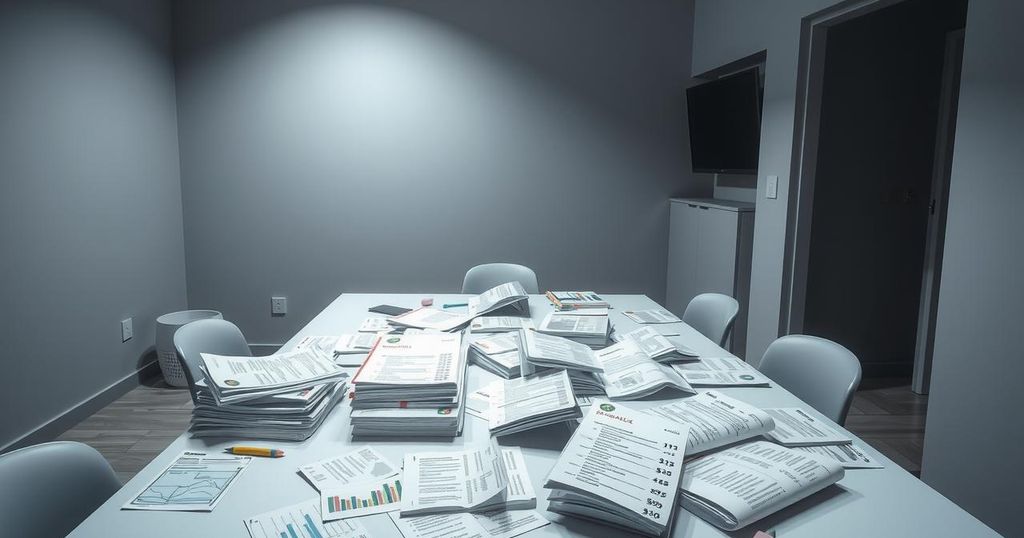Companies
AFRICA, BOAKAI, CONSTRUCTION, COSTA RICA, ENERGY, ENVIRONMENTAL PROTECTION AGENCY, INFRASTRUCTURE, JOSEPH BOAKAI, LIBERIA, MINING, MONROVIA, N - A - C - O - B - E, NACOBE, NATIONAL SOLID WASTE MANAGEMENT POLICY, NORTH AMERICA, PAYNESVILLE, PRE, Z. AUGUSTUS P. YARBAH
Leila Ramsay
0 Comments
CBEs Urge Presidential Intervention Over Rising Fees Imposed by MCC and EPA
Community-Based Enterprises (CBEs) in Liberia seek President Boakai’s intervention regarding rising operational fees imposed by the Monrovia City Corporation (MCC) and Environmental Protection Agency (EPA). With CBEs collecting waste for nominal fees, increased charges threaten their operations. Proposals include strategies for recycling and improving waste management policies.
Community-Based Enterprises (CBEs) in Liberia were formed to enhance solid waste management by collecting significant amounts of waste daily from households, thereby improving community sanitation. Each household incurs a nominal fee for waste collection, with households contributing a maximum of L$50.00 daily or L$800 monthly to support CBEs operational costs, including salaries for garbage collectors and the maintenance of equipment.
However, over a dozen CBEs operating in and around Monrovia have expressed concerns regarding the burden of increased operational and authorization fees imposed by the Monrovia City Corporation (MCC) and the Environmental Protection Agency (EPA). These CBEs are appealing to President Joseph Boakai for assistance in mitigating these costs, which they claim threaten their sustainability and operational capabilities.
The National Association of Primary Waste Community Based Enterprises (N-A-C-O-B-E) reports that the MCC raised the annual authorization fee for solid waste operators to US$450.00, while the EPA increased its operational permit fee to US$840.00. Additionally, the municipal authorities of Paynesville and Monrovia are contemplating a rise in the tipping fee to L$600. The CBEs assert that such financial pressures are detrimental to their function and are urging the President to take action.
Pastor Z. Augustus P. Yarbah, Secretary General of NACOBE, indicated that the CBEs seek a meeting with the President to present their comprehensive proposals focused on recycling and composting. These proposals emphasize resource recovery and waste reduction as methods to bolster the economy, along with suggestions for the development of a National Solid Waste Management Policy.
Pastor Yarbah emphasized the necessity for a robust policy to facilitate the establishment of a sustainable waste management system, advocating for investments in crucial infrastructure such as waste collection vehicles, transfer stations, and modern landfills to support these initiatives.
In summary, Community-Based Enterprises in Liberia are facing significant operational challenges due to increased fees imposed by regulatory authorities. Their appeal to President Boakai underscores the urgent need for financial relief and policy development to enhance the country’s solid waste management efforts. The proposed comprehensive policy aims to facilitate a more sustainable waste management system and improve economic conditions through effective resource recovery strategies.
Original Source: www.liberianobserver.com




Post Comment